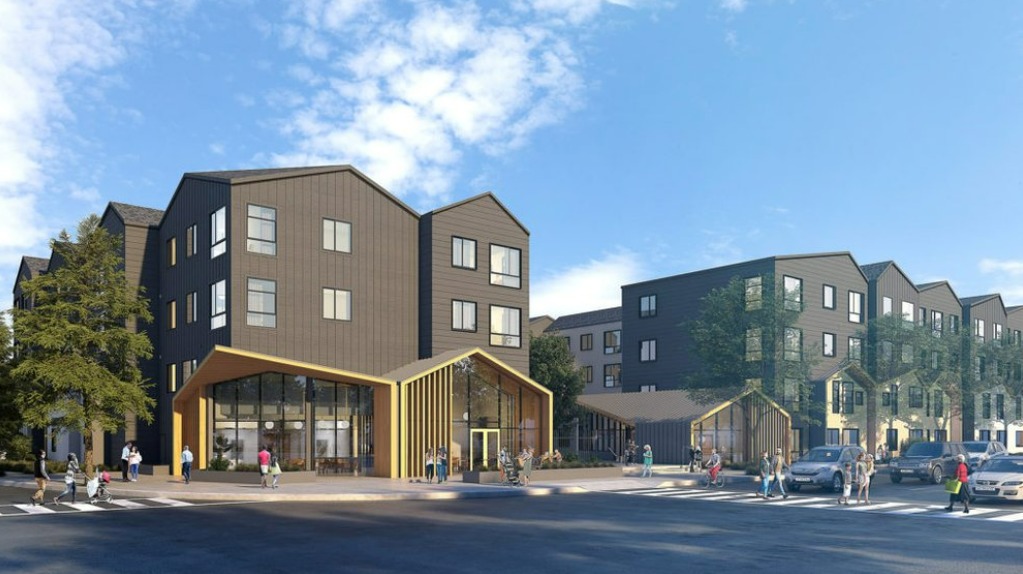
Google has already raised $128 million in support for housing projects in the Bay Area, after the technology giant announced three years ago a $250 million investment fund to benefit 18 organizations in this part of the state.
These 128 million dollars, which represent just over half of the agreed amount, have so far supported the development of 23 affordable housing projects.
These 250 million dollars, which will allow the construction of at least 5 thousand affordable homes, are part of a commitment of one billion dollars for this type of houses, which will be distributed among various projects.
